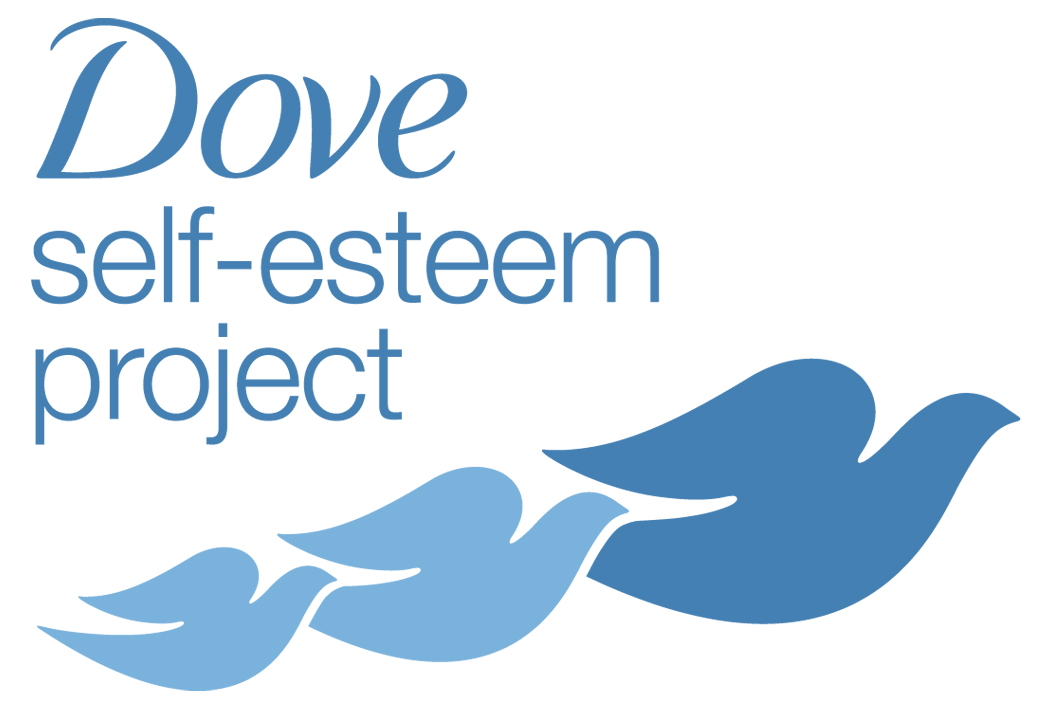Why is body confidence and self-esteem important for students?
The early teen years are one of the most dynamic in terms of development- physically, emotionally and socially. Fitting in and being accepted by peers is central. In fact, brain science tells us that during early adolescence social acceptance by peers may be processed by the brain similarly to other pleasurable rewards, such as receiving money or eating ice cream. In most cases, affinity for peer groups leads to the healthy identity development and an increase in social connections. However, the drive to be accepted socially can lead to issues like disordered eating, engaging in risky behaviors (like drinking and drug use) or depression. Young people need the support of caring teachers and adults to help them build skills to make healthy choices. Among high schoolers in the US:
•One in five reported being bullied on school property, and is more common among girls than boys (25% vs 15%). Young people are bullied for a number of reasons, but appearance, including body shape, weight, and skin, are common.
•30% were depressed in the past year. Again, more girls reported being depressed than boys (40% vs. 20%).
There is growing acknowledgement that social/emotional and mental health of students is a vital ingredient to success in school and beyond the classroom. Self-esteem works in concert with other personality traits, like openness, conscientiousness and belief in one’s ability to overcome obstacles (self-efficacy). Research has found that self-esteem positively impacts academic self-efficacy and belief that school is important, which in turn impacts academic success (like grades).
What is the Confident Me curriculum?
Dove’s Confident Me is designed to promote body confidence in a classroom setting. The lessons are aimed primarily at 11-14 year olds, but can also be used with older girls and boys if you think it’s appropriate for your students. The free downloadable materials include a range of curriculum-relevant teaching resources, developed in collaboration with teachers and students. Research has shown that students who participate in Dove Confident Me workshops have improved body image and self-esteem, and they feel more confident to participate in social and academic activities.
The core themes covered in Confident Me include: Appearance Ideals, Competing and Comparing Looks, Media and Celebrities, and Body Talk. There are presentations, teaching guide and student worksheets available to facilitate discussions around body confidence issues.
How can the Confident Me curriculum can help me meet accountability standards for high-quality health education?

The Confident Me program is currently going through a national pilot implementation process to inform how to update and revise the current single-session and five-session programs to be most relevant in the US classroom. This means alignment to the National Health Education Content Standards (NHES), the Health Education Curriculum Analysis Tool (HECAT) and the effective practices in health education.
The instruction within Confident Me will support building student knowledge and skills, including analyzing influences, accessing information and advocacy. The HECAT Healthy Behavior Outcomes and knowledge and skill expectations are still to be determined, based on the outcomes of the pilot process.
Implementation of the Every Student Succeeds Act (ESSA), formerly No Child Left Behind, offers new opportunities for states and schools to focus on the social and emotional wellbeing of students. Provisions allow schools to use funding to develop school-wide health programs, such as implementing positive behavior and social-emotional support strategies. Within Title I, II and IV of the new federal legislation, there are opportunities for during and after-school for programs focused on the social-emotional well-being of students.
How can I download the Confident Me curriculum?
The curriculum is currently being updated for use in schools across the country. The link to the single session program is here and the link to the five session program is here. Both programs may also be found at http://selfesteem.dove.us/
Incentives
Health and PE teachers, school nurses and school counselors may Implement the 1-session or 5-session Confident Me! Middle School Program by December 15, 2016 and win a chance to attend the state conference of your choice or attendance at the SHAPE America Convention in Boston, March 2016—all expenses paid! 9 lucky teachers in total will be selected to win.
To be eligible to win, email Samantha Lowe at Samantha@cairnguidance.com and share the following information with her:
Full Name
Work Email
School(s) Name
District
State
Current Number of Students
References:
McNeely C, Blanchard J. 2009. The Teen Years Explained: A Guide to Healthy Adolescent Development. Center for Adolescent Health at John’s Hopkins Bloomberg School of Public Health.
Youth Risk Behavior Surveillance System. High School Survey, 2015. Retrieved from https://nccd.cdc.gov/youthonline/App/Default.aspx
Di Giunta L et al. 2013. The determinants of scholastic achievement: The contribution of personality traits, self-esteem, and academic self-efficacy. Learning and Individual Differences, 27, 102-108.

Leave a Reply